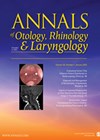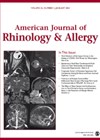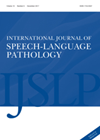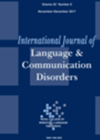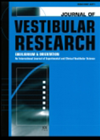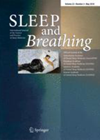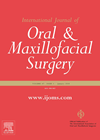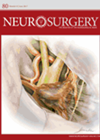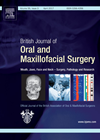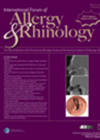
Journal Reviews
Strength of evidence in otolaryngology research – do women make the difference?
Clinicians around the world understand the need for research and publication of gathered evidence to inform practice and improve patient outcomes. The introduction of the Oxford Centre for Evidence-based Medicine (CEBM) Levels of Evidence guideline in 2011, has been invaluable...
Simple preoperative tests predicting outcomes for ESS patients?
We are all familiar with patients suffering extensive nasal polyps who relapse all to soon after careful and thorough endoscopic sinus surgery (ESS). This paper looks to answer whether we can predict which patients will do well, and which less...
Pretend placements: simulation is as good as the real thing
Clinical placements are now, more than ever during the COVID-19 pandemic, a huge time and personnel commitment. Recently, allied health students have had huge changes to their placements, often undertaking them entirely remotely. This article describes a novel method of...
The power of (younger versus older) lips
The Directional into Velocity of Articulators (DIVA) model theorises that we require both auditory and sensory feedback - from our articulators - in order to ensure we are able to produce precise and powerful articulatory movements. This study aimed to...
Speech perception in the ageing population
Speech perception can present a challenge as we grow older. One of the factors responsible is, of course, hearing loss. Now research indicates that other non-auditory factors like cognitive decline may also contribute to difficulties in understanding speech. The authors...
Does pre-op intratympanic gentamicin improve balance control after vestibular schwannoma surgery?
This retrospective study was based on data from 44 patients selected from a cohort of 153 who had undergone surgical resection of vestibular schwannoma over a 10-year period. The aim was to evaluate the dynamics of the postural control system...
Does CPAP help diabetes?
This meta-analysis and review of the literature examines the long-held belief that CPAP treatment improves glucose levels in patients with OSA. As usual in these cases, thousands of articles were initially flagged up in the search with only six RCTs...
Blindness after orthognathic surgery
This is a case report and review of the literature of this rare, but well recognised alarming complication. The authors discuss the possible mechanisms, suggesting that it does not arise from a direct injury to the optic nerve and is...
Healthcare economics and device approvals
We use several FDA-approved devices in our clinical practice but are rarely aware about the stringent procedures followed by manufacturers, as well as the FDA, before the devices become commercially available. The authors of this paper undertook a comprehensive review...
Poor allergic rhinitis control increases the overall costs
Allergic rhinitis and asthma are common and can have significant effects on quality of life. However, not many studies have focused on the economic effects. The authors of this study performed a large-scale (over 60,000 patients) observational study to analyse...
Oral hygiene and its interaction with standard of education on the risk of oral cancer in women
Oral cancer in women has an increasing incidence in China, although the majority of Chinese women don’t smoke or drink alcohol. Poor oral hygiene has been shown in previous studies to be a risk factor in the development of oral...
FESS for recurrent acute rhinosinusitis: at last, some data
As noted in both the EPOS 2012 and in the (more recent) ICARS 2016, there is a paucity of evidence on the effectiveness of surgery for recurrent acute rhinosinusitis (RARS). The authors used a control group of patients with CRSsNP,...

